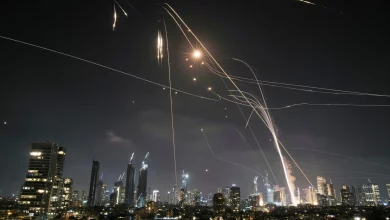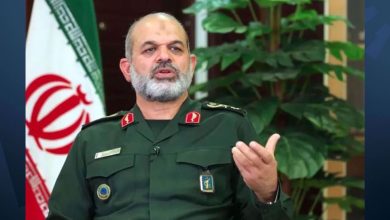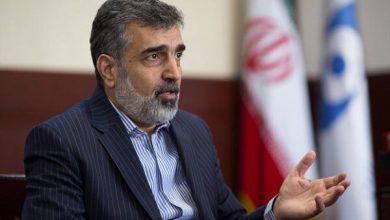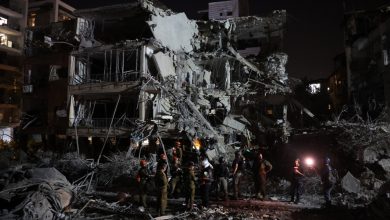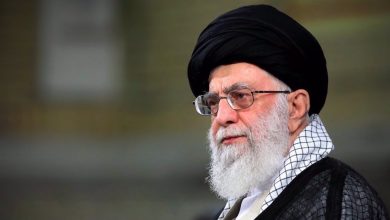Araghchi Urges Grossi to Shield IAEA Credibility from External Political Pressures
Iran's Foreign Minister, Abbas Araghchi, has lodged a vehement protest against a recent report issued by the International Atomic Energy Agency (IAEA) concerning Tehran's nuclear program, which he maintains is peaceful. Araghchi asserted that the IAEA must not permit its credibility to be compromised by political agendas and pressure from certain member states.
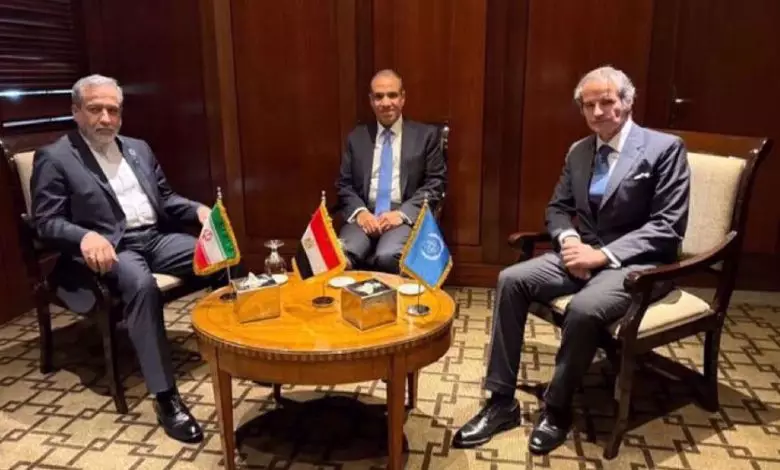
Araghchi delivered his comments during a three-way meeting with IAEA Director General Rafael Grossi and Egyptian counterpart Badr Abdelatty on Monday in Cairo, where he is currently conducting an official visit.
Iran’s top diplomat has called on the UN nuclear agency and its director to uphold their professional responsibilities, condemning the IAEA chief’s recent report on Iran for including unfounded allegations.
Araghchi emphasized that the International Atomic Energy Agency must safeguard its credibility and resist being influenced by political agendas and pressures from certain member countries.
Grossi reported that he engaged in a timely discussion with the Iranian foreign minister during their meeting in Cairo.
In a recent update on the social media platform X, formerly known as Twitter, Grossi announced a significant meeting held in Cairo. This gathering included Egypt’s representative Badr Abdelatty from the Ministry of Foreign Affairs and Iran’s Foreign Minister, Araghchi.
The head of the International Atomic Energy Agency expressed appreciation for Egypt’s positive contributions towards advancing peaceful, diplomatic resolutions to regional issues.
In a recent television interview, Mohammad Eslami, who leads the Atomic Energy Organization of Iran (AEOI), expressed dissatisfaction regarding the International Atomic Energy Agency’s report on Iran’s nuclear activities. Eslami criticized the report for its perceived political nature and suggested that there were influences from Western countries and Israel in its crafting.
He stated that the document was crafted in accordance with the “maximum pressure policy” led by the United States in collaboration with its allies against the nation.
Eslami accused the United States and the three European nations—specifically the UK, France, and Germany—of exerting pressure on the International Atomic Energy Agency (IAEA) to issue the report.
According to his statement, Western pressure has been applied to the agency due to influence exerted by the Zionist regime, referring to Israel.
In a statement, Eslami highlighted that the agency has published a comprehensive report that appears to blend allegations with recurring issues from previous discussions.
Tehran has asserted that the International Atomic Energy Agency (IAEA) must apply a consistent and impartial stance towards all member states, including Israel. As a non-signatory of the Nuclear Non-Proliferation Treaty (NPT) with a substantial nuclear arsenal, Israel has repeatedly posed threats of military action against Iran’s nuclear facilities.

